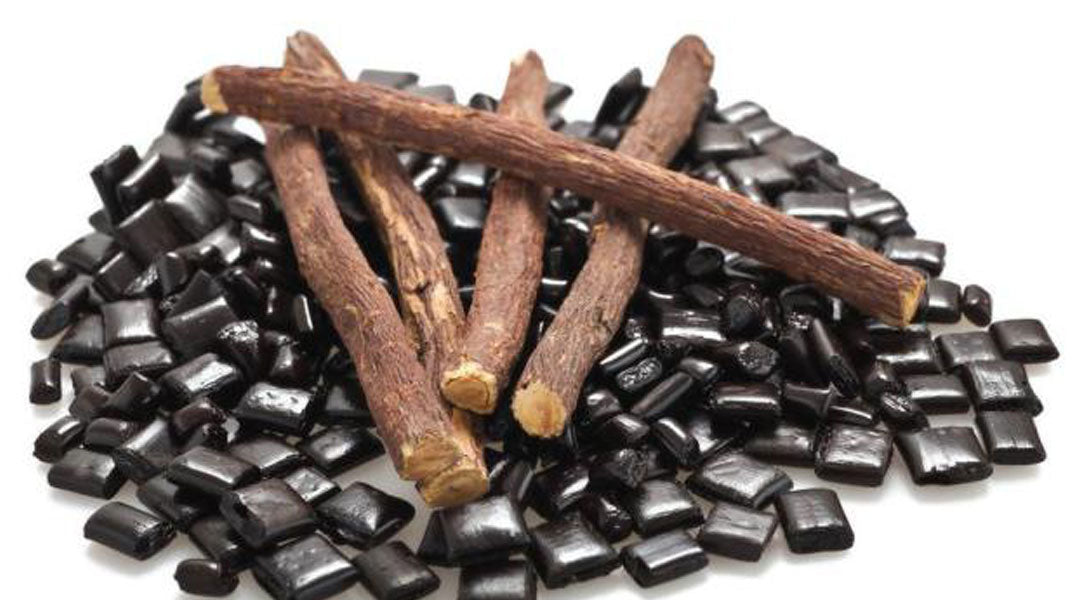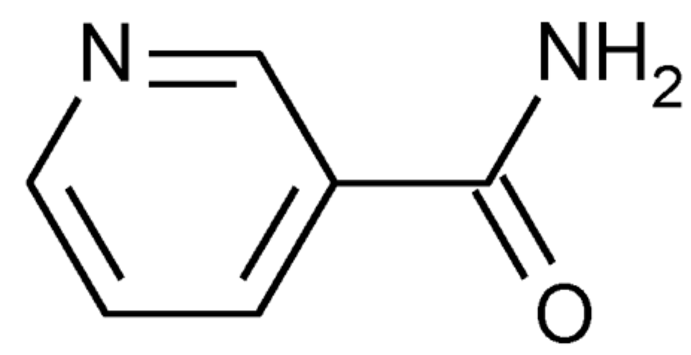Blog
Anti-Inflammatory Skin Care Ingredients
In this post let’s focus on anti-inflammatory skin care ingredients following our last article on skin inflammation, what causes it and how to treat it. If your skin exhibits acne breakouts, redness or other types of discomfort, it’s sending a message that something is irritating it. Whether it’s UV exposure, allergens or something in your skin care regimen that’s throwing things off, the best thing to do is identify and eliminate the offending agent if you can. Decisive action can help to nip things in the bud before setting off an inflammatory cascade that may turn into something longer lasting that will damage skin. Corticosteroids are potent anti-inflammatory skin care ingredients available by prescription that are used to treat eczema and dermatitis. You’ll get fast results but for the most part, you shouldn’t use corticosteroids long term as they can thin skin and dampen the immune system. Lots of non-prescription anti-inflammatory skin care options are available today and they are available in a range of treatments to help all skin types. 7 Anti-Inflammatory Skin Care Ingredients Whether you need to repair or want to lessen the chances of inflammation starting in the first place, here are seven ingredients that should be on your radar: Niacinamide. Niacinamide is one of those under-valued ingredients that does so much for skin. In addition to its inflammation busting properties, it has been shown to stimulate collagen production, prevents moisture loss, increase ceramide (lipid) production and even the skin tone. Find it in our A is for Anti-Aging Serum, where it’s combined with retinaldehyde and a host of other ingredients to help deliver more youthful and vibrant skin. Chamomile. Rich in bisabolol, an anti-irritant that naturally occurs in chamomile, this herb’s healing properties help to soothe redness and rosacea and repair damaged skin. Find it in our A is for Anti-Aging Retinal Serum. Turmeric. This beautiful golden hued spice is gaining lots of attention due to its anti-inflammatory compounds, including curcumin. When ingested orally, the active components in turmeric are useful in managing arthritis. Skin care preparations that include turmeric calm and soothe skin and help to brighten the skin tone. Blue Tansy. The blue colour comes from azulene, which has anti-inflammatory properties and is helpful in battling cystic and hormonal acne. White Willow Bark. Rich in inflammation fighting compounds known as flavonoids, white willow bark has anti-inflammatory and pain relieving abilities comparable to aspirin. It is a useful addition in the battle against acne breakouts. Green Tea. Sipping on a cup of green tea provides instant zen and this vibe transfers over to skin when applied topically. Green tea is a source of epigallocatechin gallate (EGCG), a polyphenol in that delivers both antioxidant and anti-inflammatory skin care properties and is known to protect against UV damage. Find green tea extract in our Bespoke Vitamin C Serum. Licorice. Whether from the root or as an extract, licorice has been used in ancient Chinese medicine to treat inflammation for centuries. This heavy-hitter is a boon to sensitive skin prone to irritation. What are your favourite anti-inflammatory skin care ingredients?
Learn moreNiacinamide Skin Care
You may be using a niacinamide skin care treatment without even knowing it. Also known as Vitamin B3, niacinamide isn’t as well known as retinoids, antioxidants or AHAs. However, it’s a powerhouse ingredient that comes with no shortage of benefits when used as part of a regular skin care regimen. Think of niacinamide as the quieter, heads down colleague who always delivers on time. Just like that co-worker, who may never get the recognition, niacinamide really, really needs to be on your team! Shop A Is for Anti-Aging Serum (Our Retinoid Formulation) Niacinamide is found in all our bodies with a large concentration found in tissues like the brain, heart, liver and skeletal muscle. It plays an important role in energy production. For those of you interested in the science, niacinamide works by reducing the rate of decline of two important enzymes (NADH and NADPH) which are involved in cellular energy production and fats that are responsible for cell growth. Foods rich in niacinamide include yeast, meat, milk, and green vegetables. Niacinamide Skin Care Niacinamide skin care products have the following beneficial properties: Anti-inflammatory, thereby useful in conditions including psoriasis, rosacea and acne Stimulates collagen production Prevents moisture loss Increases ceramide (lipid) production Lightens pigmentation and evens skin tone. Formulators Include Niacinamide in Their Treatments to Treat: Dry skin The appearance of wrinkles and fine lines Pigmentation and Acne breakouts. One study compared niacinamide 4% to Clindamycin (a popular prescription treatment for acne) and noted that they were equally effective in controlling breakouts. Niacinamide skin care therapies are beneficial for younger skin burdened by acne and they also benefit more mature skin. Our favourite niacinamide skin care product is Apothekari A is for Anti-Aging. In this treatment, it is combined with other actives to deliver antioxidant, skin brightening, anti-acneic, skin smoothing and skin hydration benefits. his is my go to serum at night and it’s one that I wouldn’t give up, ever!
Learn more


